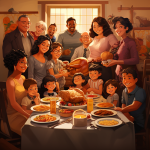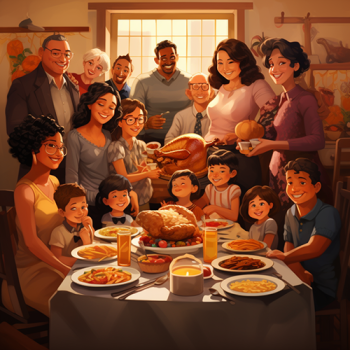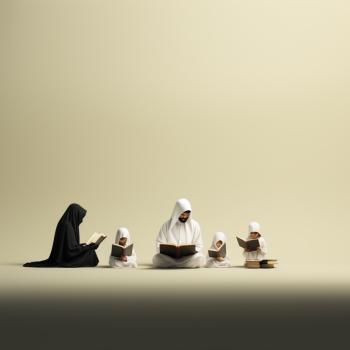
Love and marriage with different faiths is not an uncommon occurrence in our times. I am confident that many other married couples are much like my husband and me. I’m the spiritual, sensitive artist and he is the tough atheist athlete. We have had our arguments but have also grown a lot as individuals because of the worldviews we’ve opened each other’s minds to. Opposites truly do attract each other and can lead to fulfilling, exciting, and refreshing adventures as a couple. It’s needless to say, there are some profound challenges that come with choosing a life partner who holds different convictions about life, death, and the overall human condition as it pertains to religion or spirituality. If you find yourself falling for someone of a different faith or of no faith, this is for you.
Love Beyond Belief
Is it worth trying to build a life and have a family together with someone who has a completely different belief system than you? Absolutely. There are many things to consider when you make this choice, but the heart often doesn’t care what your mind is telling you to worry about. Using my relationship as an example: there are times when I have had to ask my husband to be more considerate of my views and to be careful not to dismiss them. There are also times when his perspective helps me to stay focused on the concrete things and to think objectively, without spiritual bias. There are moments when he feels disconnected to my traditions, yet my spiritual grounding also provides him with a safe space to be vulnerable and to acknowledge profound, overwhelming moments in life. One of my favorite books on this matter is called ‘Til Faith Do Us Part: How Interfaith Marriage is Transforming America by Naomi Schaefer Riley. This book highlights the good interfaith marriages do for society, yet she doesn’t shy away from the issues that can arise in life between partners who do not share the same spiritual values. Let’s look at some points to think about as interfaith lovers.
Navigating Marriage with Different Faiths
- Cultural Chasms and Traditions:
One of the biggest challenges faced by couples who embrace love beyond religious boundaries lies in getting around the cultural chasms and traditions that often accompany faith. The customs, rituals, and practices that mold our identities are deeply intertwined with our religious beliefs. Finding harmony in these diverse cultural expressions requires a willingness to learn, adapt, and celebrate the richness of each other’s heritage and spiritual journeys. A book that comes to mind here is A Nonjudgmental Guide to Interfaith Marriage: Making Interfaith Marriage Work by Rabbi Steven Carr Reuben. He displays very real ways couples create unique lifestyles together, respectfully incorporating each person’s faith in how they go about planning ceremonies and raising their children. The acknowledgment here is that this is no easy feat and he actually draws upon his years of experience counseling to inform his work. This is a must-read for anyone concerned about marrying someone of another faith.
- Family and Community Expectations:
Family and community can exert significant pressure on individuals who choose to date outside their religion. The desire for approval from loved ones and the longing to preserve familial traditions can cast a shadow of uncertainty over the path of love. Addressing these expectations with empathy and understanding is a pivotal step in forging a resilient bond.
- Spiritual Reflection and Identity:
A relationship that transcends religious boundaries inevitably compels both partners to engage in profound spiritual reflection. Questions about one’s own beliefs, the nature of faith, and the role of religion in their lives become intrinsic to the journey. This introspection, though challenging, has the potential to enrich one’s spiritual identity, offering new perspectives and a deeper understanding of one’s faith.
- Communication and Mutual Respect:
The cornerstone of any successful relationship is open and honest communication. In the context of interfaith dating, this becomes even more critical. Couples must engage in conversations that are rooted in mutual respect, actively listening to each other’s beliefs, and acknowledging differences without judgment (again, look for the book I mentioned before called A Nonjudgmental Guide to Interfaith Marriage: Making Interfaith Marriage Work .) It is through these dialogues that a shared language of love is crafted.
- A Lesson in Tolerance and Empathy:
While dating outside your religion presents an array of challenges, it also offers an invaluable lesson in tolerance and empathy. It reminds us of the universality of human emotions and the transcendent power of love. It teaches us that understanding and embracing diversity enriches our lives immeasurably.
Faith in Love
In the realm of love, the heart knows no religious boundaries. Dating outside your faith may be fraught with challenges, but it is a testament to the boundless capacity of the human heart to connect with another soul. It is a journey that invites us to explore the beauty of diversity, find common ground, and cultivate a love that surpasses the constraints of creed.
As we navigate the intricate dance between love and faith, let’s remember that, in the end, love has the potential to bridge the gaps that seem insurmountable. It is in the union of hearts that we discover the most profound and enduring truth: that love, irrespective of religion, is a force that transcends and unites us all. I personally would have missed out on a wonderful love, marriage, and family if I’d let differences of faith become a deal-breaker.













